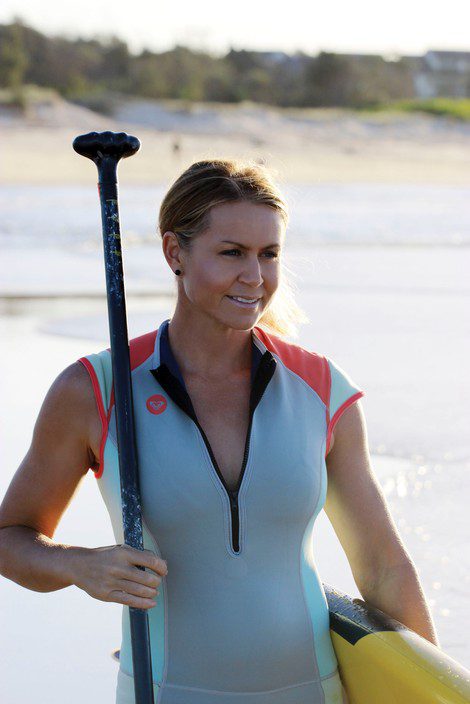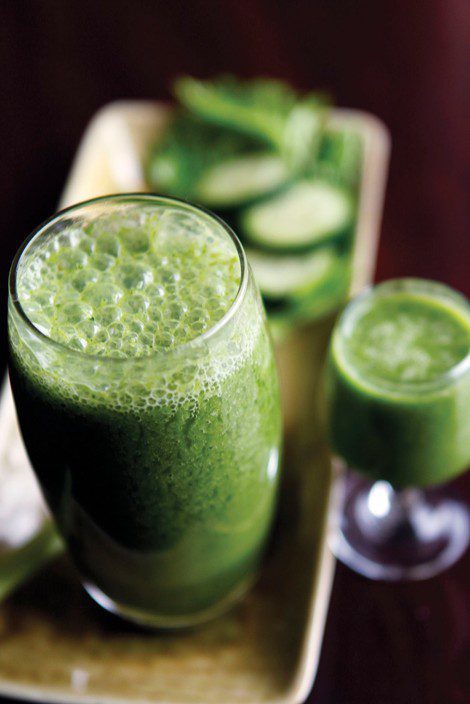UNCATEGORIZED
Fat Australia

WORDS: PHOTOGRAPHY
What can we do to fix it?
If there was a world title for obesity – Australia would be in the running for the crown – Isn’t this alarming?
In a country that’s known for its outdoor lifestyle, healthy living and active culture, how can get we get it all so wrong? With 28% of our population said to be sitting in the overweight category, this has grown from 10% since 1980. Ouch!
The medical world generally defines ‘overweight’ as a condition in which a person’s weight is 10 to 20 percent higher than ‘normal’ (admittedly using outdated BMI models) but what is most alarming is the rate of what this is growing each year.
A study published in the International Journal of Obesity, uses a model to predict weight gain among Australian adults. It found that by 2025, we will rise from 28% to 35% being overweight if no interventions are used. What is even more concerning is that it’s not the middle aged gaining a larger girth but it was found it is the young that are gaining more weight each year as they enter adulthood.
This information reiterates how important it is to develop healthy habits from a young age. One in four kids aged 5-17 were found to be overweight (that’s a quarter of our kids) which means Australian’s are entering adulthood with a myriad of potentially alarming health concerns.
What’s gone wrong?
Recent conversations suggest the battle of the bulge is due to emotional eating, others are quick to blame sugar, saturated fats or the prevalence of junk food in our modern society. Whatever, the cause I personally think it comes down to a whole host of reasons but the one overshadowing factor is not ultimately taking responsibility for our own actions.
There’s no doubt about it. Parents set the example and children learn via modelling behaviours from a very young age. Most children form habits that are unlikely to change by the time they reach 9 to 10 years old. This goes for anything – from household chores to exercise. It’s a parent’s job to make sure these habits are the ones we want them to move through life with.
What can we do to fix it?
1. Learn the art of self-control
In our fast paced, big modern world everything is built around instant gratification. If we want to lose weight, what do we do? We embark on one of the popular diets that takes control of our eating habits. Just about anyone can act ‘good’ for 6 weeks, so is it any wonder why we fall apart once control is lost? Diets don’t deal with the underlying issues and who should really be in control (you) so long-term success is limited. Making lifestyle changes is an issue that is delicate as it is tough. Persistence prevails without succumbing to short cuts.
2. Learn to Cook
One of the most important key factors I work on with 1:1 clients is helping them become more accountable for preparing their own meals at home. With regards to weight maintenance, it’s is like pouring a concrete base and using this a foundation for other healthy habits to follow.
Food labelling is all smoke and mirrors. Forget what it says on the front of the packet and what claims a product has. We’re more interested in what it DOESN’ T say.
Marketing gurus aren’t going to tell us something is high in sugar or contains enough trans fats to an early grave so be your own detective and one step ahead. Ingredient lists give an even better indication. The higher up on the list an ingredient is the more there is but be careful not to fall into the trap of not recognising ingredients such as sugar under other names (corn syrup, malt, evaporated cane juice etc.).
Generally if we shop the perimeter of a supermarket then we will stay out of trouble. Stick to unprocessed foods in their most natural form. It’s as simple as that.
3. Move in some way shape or form
What makes people think they can get away with not making time for fitness? Was there a memo I missed? Exercise is so much more than just… exercise. It promotes weight loss, encourages healthy eating, reinforces good habits, plus it gives us time to reconnect with ourselves.
Having a goal of 10,000 steps (about 8km) in mind is a good motivational tool that can help to focus your efforts in staying moving throughout the day. You may be surprised at how much or little you already do.
4. Reduce your choices
The reason why obesity rates rose in the 1980’s is due to the explosion of readily available fast food. With so many options screaming for us to try, our willpower is tested each day. Becoming mindful of this phenomena can go a long way as does reducing portion sizes, eating in a relaxed space without devices or other distractions, putting utensils down between mouthfuls plus reflecting on where the food comes from the tastes, textures, smells and colours.
5. Toughen Up
Sometimes we need to hear the truth to instigate change. This can be as simple as looking in the mirror and being honest with ourselves. Change begins with us – not by outsourcing, but lighting the fire within to create a brighter, healthier future.
Learn to say no to your kids when they want that sugar laden donut. It’s a parent’s job to protect our kids by cutting out junk food from their diet. There’s no point in living in denial at how chubby you or your children are. Type 2 diabetes, dental decay and the like will make sure of that. Sure, our health system will have your back but at what cost to the country and those people around you. Should our taxes be supporting weight-related diseases if it has been self-inflicted? There is help available, you just have to want to make the change for the right reasons.
6. Educate
I would dearly love basic life skills of health and nutrition to be taught as a subject in schools (cooking, food labelling, what makes a healthy day of eating etc.).
It’s been found that we follow patterns set by our parents so if we aren’t exposed to learning new skills, sometimes we know no better. As part of the city wide Active and Healthy program, I present healthy cooking workshops and although it’s open to the public, unfortunately it’s the people that need the help the most that aren’t attending.
Generally we only seek help if we feel there is a need so specific programs highlighting the importance of improving habits, targeted socio-disadvantaged economic areas (and not just a one week flyby) may inspire youth (and hopefully their parents) to instigate changes in future generations
Making changes in our diets, especially cutting down on snacks that are high in sugar and trans fats and taking regular exercise are simple steps to avoid potentially life-threatening conditions or at least quality of life. Obesity is hailed as the new cancer and with good reason. Deconstruct your current lifestyle to see where positive changes can be made and let’s reverse those statistics!
Karla is a Nutrition and Health Coach and has designed a 7-week e-course that is designed to change habits to healthier more educated choices. Daily emails delivered with a difference for sustainable long-term results. www.karlagilbert.com.au

















